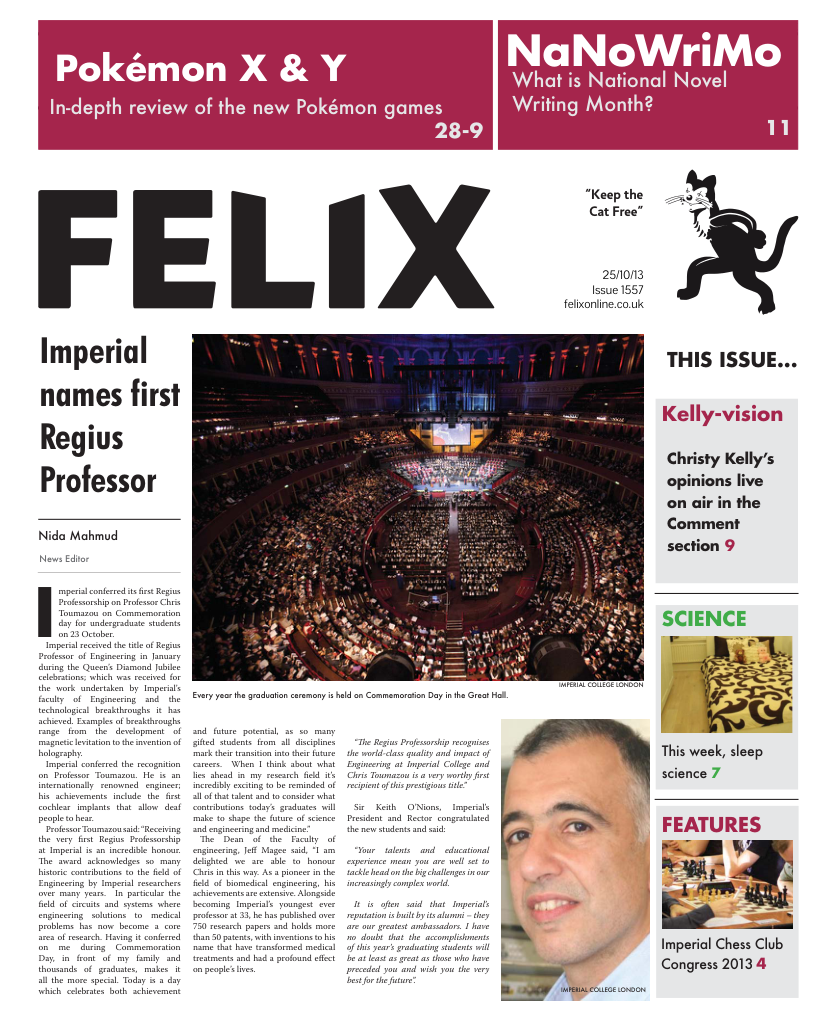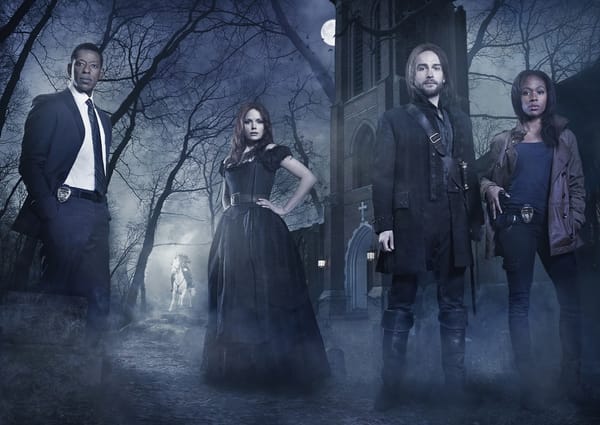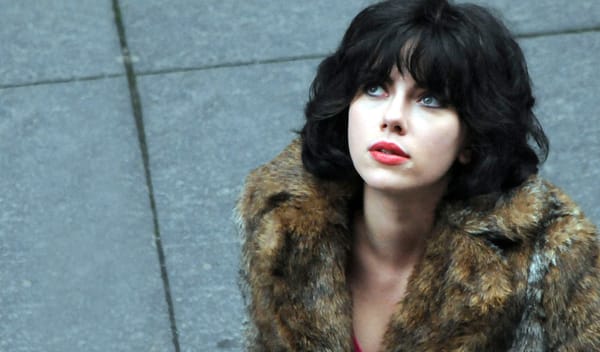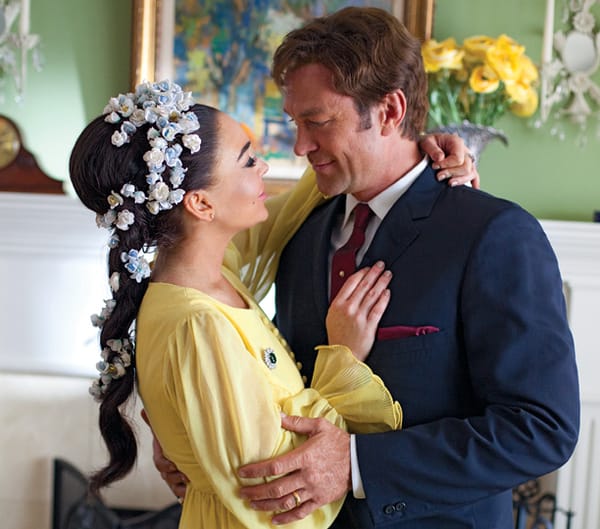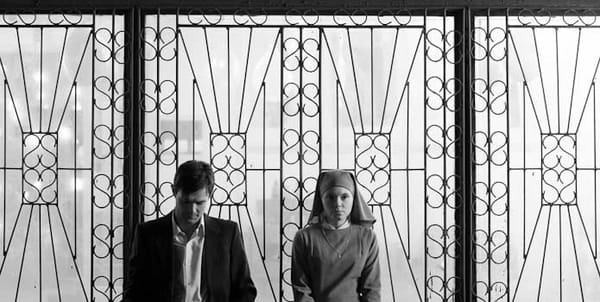“I don’t want to survive, I want to live”
John Park reviews 12 Years a Slave

12 Years a Slave
Director: Steve McQueen Writers: John Ridley, Solomon Northup (novel) Starring: Chiwetel Ejiofor, Michael Fassbender, Benedict Cumberbatch, Paul Dano, Paul Giamatti, Lupita Nyong’o, Brad Pitt, Alfre Woodard, Sarah Paulson Runtime: 133 minutes Certification: 15 Rating: 5/5
It’s difficult to know just where you’re supposed to start when it comes to complimenting every single aspect of 12 Years a Slave. Based on the shockingly true story of Solomon Northup (Chiwetel Ejiofor), a free black man living in Saratoga, New York who was abducted and sold into slavery where he was subjected to unthinkable abuse and cruelty for 12 long years, Steve McQueen’s (Hunger, Shame) third directorial effort, making its round in the festival circuits this year (Telluride, Toronto, London) before it goes on general release, will leave you speechless and intensely moved. This is a film of genuine, unflinching emotions, where no character goes to waste, where the pitch-perfect performances from its tremendous cast do wonders to capture the essence of their roles, and where a director with a sharp pair of eyes creates a harrowing atmosphere in one of the most uncomfortable eras and topics of American history. Every single minute of the film’s running time is a painful one, not that you’d expect it to be any other way. As he is torn away from his family, beaten severely, and forced to work exhaustively under the burning sun, Solomon’s many encounters are what drive the narrative forward. Condescending, money-grabbing Theophilus Freeman (brilliantly conniving Paul Giamatti who shines even in a role that lasts five minutes or so) wipes Northup’s history clean to potential buyers. Northup is now to be called Platt, and is not to mention his previous status as a free man to anyone. Any sign of disobedience will lead to beating and whipping. His first slave owner is William Ford (Benedict Cumberbatch), a considerate Baptist preacher, a rare character trait among the usual slaves’ masters. Violence and torture reach a new terrifying height, however, with Edwin Epps (Michael Fassbender), Platt’s new owner who is the personification of evil as he terrorises his group of slaves, using the words of his scripture to justify his acts of punishment. He also has a twisted crush on one of his slave girls, Patsey (Lupita Nyong’o), something Epps’ jealous wife Mary (Sarah Paulson) doesn’t allow to go unnoticed, by unleashing her own personal anger towards the innocent girl. Ejiofor is magnetic in his lead performance, as his intense restraint becomes all the more painful to watch as Platt’s life continues in such misery. He wants to fight back, of course, and yet with his surroundings he is completely powerless to stop the gut-wrenching injustice. This feeling of complete helplessness is further emphasised in one particuarly harrowing scene (one of many) that involves Platt hanging from a tree, with his feet barely touching the ground for support, whist everyone in the background (the black slaves, the white “masters”) don’t dare interefere. There is something so quietly passionate about what little Ejiofor says in words that even in silence there is profound sadness and fear that translate so well on screen. His extraordinary portrayal on screen certainly pays off in the film’s rightfully tear-jerking finish, and you’ll want to cry with him. As for the two main villains of the film, Fassbender and Paulson are simply superb. Fassbender has a history of not scoring worthy wins with awards, but with this performance he has truly outdone himself, certainly his nastiest, most brutal and vicious one yet, and an Oscar win is certainly within reach. The Epps couple have nothing but hatred and deserve nothing but exactly that from the audience, and this level of malicious energy is certainly not easy to watch. Paulson, so calm yet piercingly malicious at every turn with her words and deeds, is nothing short of hateful. They have a bad habit of reducing humans to nothing more than mere property, and their almost child-like claim on what’s theirs is as resentful as it is disturbing. The relatively smaller roles filled with big names are worth their short but memorable screen time: both Brad Pitt and Alfre Woodard contribute significantly to the finished product, their roles playing pivotal roles in Platt’s struggle for freedom. But the most gut-wrenching, breakout performance here is given by Kenyan actress Lupita Nyong’o, in her first debut feature film role. She has only a handfdul of scenes of actual dialogue but it’s her raw, uninhibited approach to her role that demands not only your undivided attention, but also your sympathy as she is put through endless abuse from her owners. McQueen’s third film is certainly a big leap in size and scale from his two previous pictures. But this sudden change is something the British director is more than capable of handling. He takes the element of suffering to a whole new level. That frightening sound of every whip crack, the horrendous sight of blood splattering, the disturbing view of the many deep scars left behind are only a few examples of what McQueen captures without any obvious censorship, allowing the scene to go on and on for maximum effect. Knowing the fate of Solomon Northup won’t diminish the power the film will have as a whole. Even though on the surface the final few moments may be a joyous one, there is still that painfully distressing feeling lurking around somewhere as the credits start rolling. And no matter how unsettling the film’s theme may be, this is the number one must-see film of 2013.

